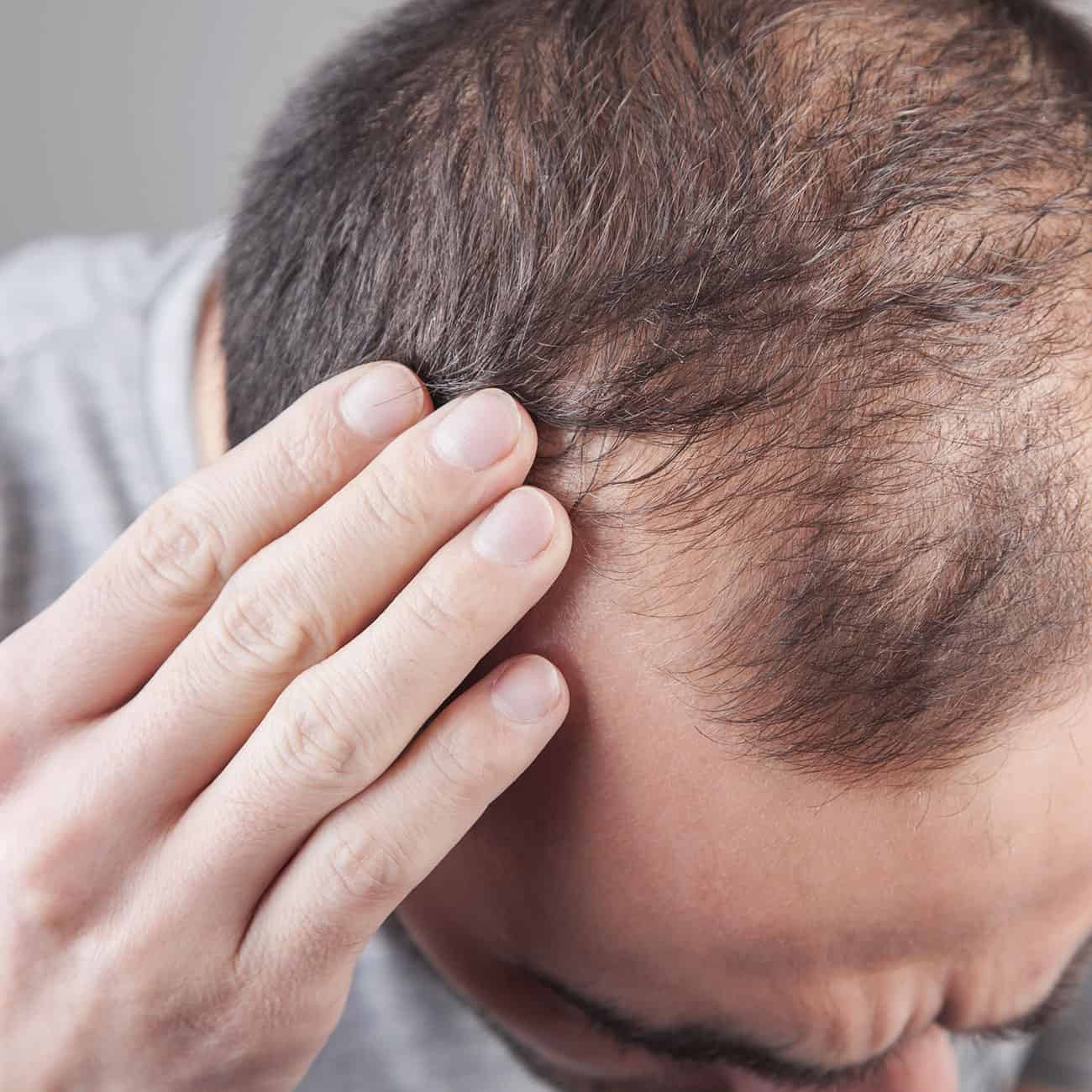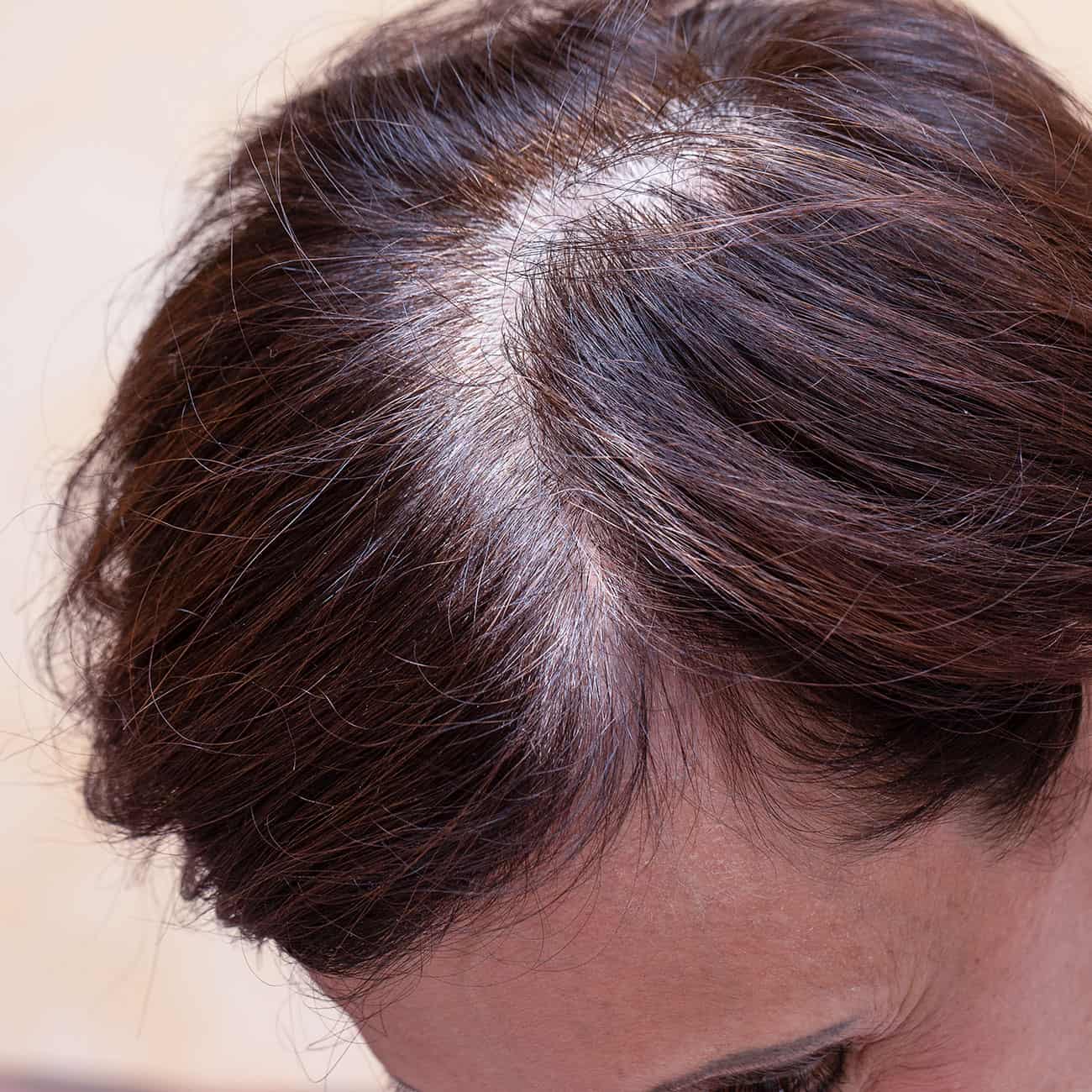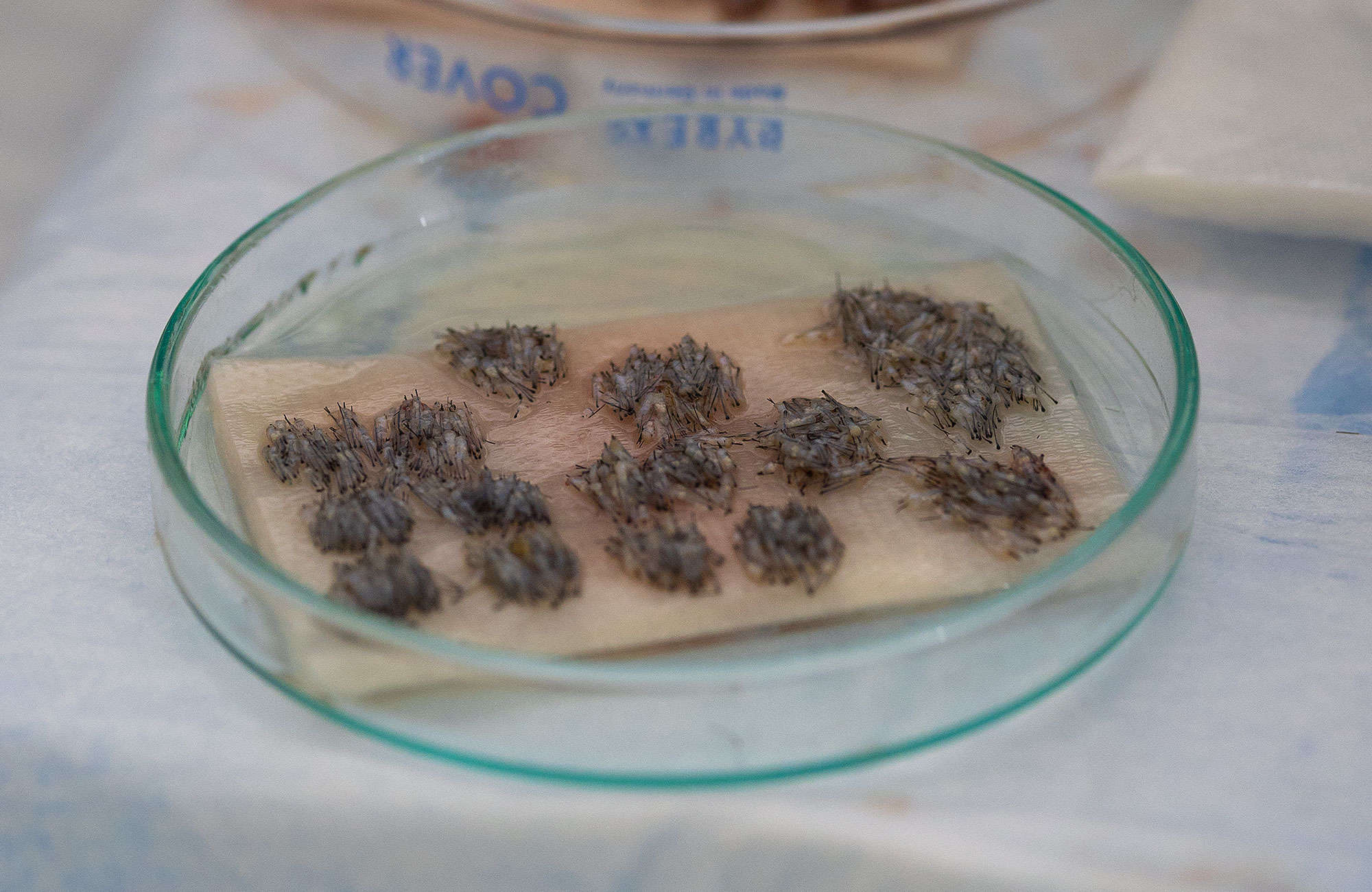Why Does Hair fall Out?


Stress and Telogen Effluvium: Stress, both physical and emotional, can contribute to hair loss through a condition known as telogen effluvium. Severe stress can push a large number of hair follicles into the resting phase, leading to excessive shedding. While this type of hair loss is often temporary, managing stress is crucial for overall well-being and hair health.
Nutritional Deficiencies: A balanced diet is essential for overall health, including the health of your hair. Nutritional deficiencies, such as iron, zinc, and vitamin D, can contribute to hair loss. Ensuring your body receives the necessary nutrients is vital for maintaining healthy hair follicles and promoting growth.
Medical Conditions and Medications: Certain medical conditions, such as thyroid disorders, autoimmune diseases, and polycystic ovary syndrome (PCOS), can lead to hair loss. Additionally, some medications, including chemotherapy drugs, blood thinners, and certain antidepressants, may have hair loss as a side effect. Consult with a healthcare professional if you suspect medication or an underlying medical condition is affecting your hair.
Hairstyling and Practices: Excessive hairstyling, particularly practices that involve tight hairstyles or harsh chemicals, can damage hair and contribute to hair loss. Pulling hair into tight ponytails, using hot styling tools frequently, and harsh chemical treatments weaken the hair shaft and may lead to breakage and thinning.


